Are you worried about how others will perceive you? Do you feel self-conscious in social situations? Do you avoid meeting new people because you’re afraid of being judged? You may have social anxiety disorder if you’ve been feeling this way for at least 6 months and it’s making it difficult for you to accomplish ordinary chores, such as talking to people at work or school.
The fear of being observed and judged by others is known as a social anxiety disorder. Work, school, and other daily activities may be harmed as a result of this dread. It can even make making and keeping friends difficult. The good news is that social anxiety disorder can be successfully treated. Learn about the signs and symptoms of social anxiety disorder, as well as how to get help.
What is social anxiety disorder?
A prevalent type of anxiety condition is social anxiety disorder. In situations where they may be inspected, assessed, or judged by others, such as speaking in public, meeting new people, dating, being on a job interview, answering a question in class, or having to chat to a cashier in a store, a person with social anxiety disorder experiences anxiety or terror. Commonplace activities, such as eating or drinking in front of people or using a public restroom, might generate anxiety or dread of being embarrassed, judged, or rejected.
People with social anxiety disorder experience such severe terror in social situations that they believe it is beyond their control. For other people, this dread may prevent them from going to work, school, or accomplishing simple tasks. Other people may be able to complete these tasks, but they do so with a significant lot of worry or anxiety. People who suffer from social anxiety disorder may be anxious about social events for weeks before they occur. They may find themselves avoiding locations or circumstances that bring them grief or humiliation.
What are the signs and symptoms of social anxiety disorder?
People with social anxiety disorder may experience the following symptoms when required to perform in front of or be in the presence of others:
- If you blush, sweat, or tremble, it’s because you’re nervous.
- Have a stiff body posture or talk in a gentle tone of voice.
- Even when they want to, they find it difficult to make eye contact, be among strangers, or chat to people in social circumstances.
- Have a quick heartbeat.
- Feeling ill to their stomach or their “mind becoming blank.”
- Feel self-conscious or afraid of being judged unfavourably by others.
- Places with a lot of people should be avoided.
How is social anxiety disorder treated?
Speak with a health care practitioner if you think you could be suffering from signs of social anxiety disorder. A health care practitioner may do a physical exam after discussing your medical history to check that your symptoms are not caused by an unrelated physical problem. A mental health specialist, such as a psychiatrist, psychologist, or clinical social worker, may be referred to you by your health care practitioner. A diagnosis, usually from a mental health expert, is the first step toward effective therapy.
Psychotherapy (sometimes known as “talk therapy”), medication, or a combination of the two is commonly used to treat social anxiety disorder. Consult a doctor to determine the best course of action for you.
Psychotherapy
Psychotherapy, often known as talking therapy, aids in the understanding of one’s experiences and the development of efficient coping mechanisms.
There are many types of psychotherapy, including:
- CBT
- interpersonal therapy
- psychodynamic therapy
- family therapy
CBT is a widely used treatment. Its goal is to assist the individual in identifying and changing unfavourable thoughts or beliefs about social circumstances. It also seeks to alter people’s behaviours or emotions to anxiety-provoking events.
CBT can assist a person in seeing that it is their own thoughts, not others’, that decide how they react and behave.
Exposure treatment, also known as cognitive delivered exposure, may be beneficial. With this method, the person progressively builds up to confronting the events that they are afraid of with the help of a therapist in a secure environment.
Medications
People with social anxiety disorder can benefit from a variety of drugs to help them manage their symptoms.
Summary
A somewhat common mental health problem is social anxiety disorder. Intense fear of social interactions, fear of ridicule, and a strong desire to avoid social encounters are all symptoms.
The illness can disable if it is severe or if it is not treated. People’s quality of life can be considerably improved with appropriate intervention, which may include talking therapy, medications, or both.
Please contact Simply Align Rehab Physio in Scarborough/Toronto at simplyalignrehab.com for detailed advice on Social Anxiety and how Counselling can help, or call or text us at (416) 628-8554 for your Physiotherapy or Chiropractor requirements in Toronto.
